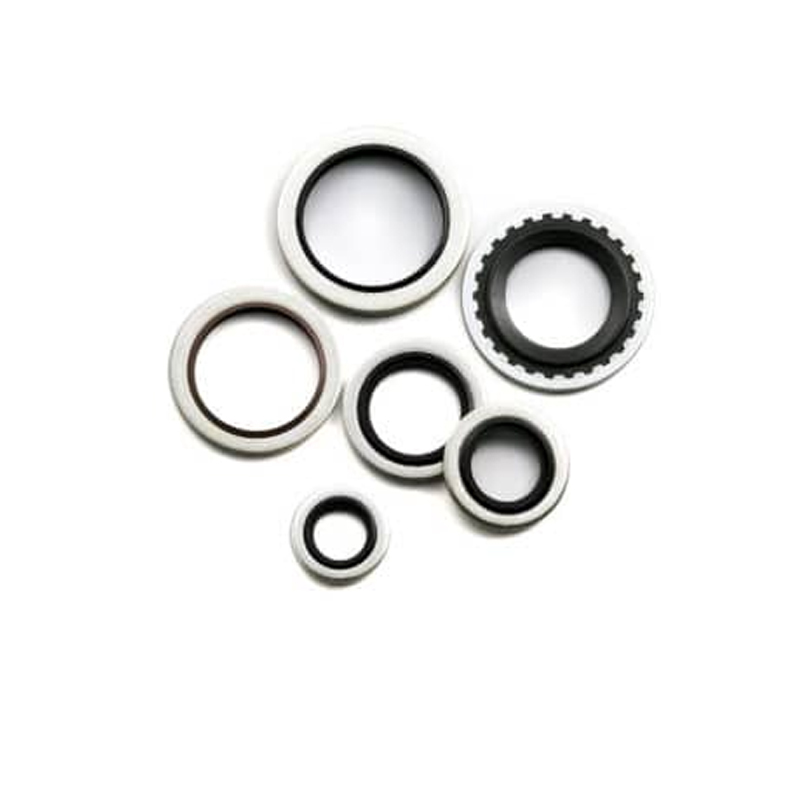fuel resistant o rings
Understanding Fuel-Resistant O-Rings Importance, Applications, and Material Considerations
In the world of engineering and manufacturing, O-rings play a crucial role as seals in various applications, particularly in automotive, aerospace, and industrial sectors. Among the various types of O-rings, fuel-resistant O-rings are specially designed to withstand the harsh environments and demanding conditions presented by fuel systems. This article delves into the significance of fuel-resistant O-rings, their applications, material considerations, and best practices for selection.
What Are Fuel-Resistant O-Rings?
Fuel-resistant O-rings are circular seals made from elastomeric materials that can endure exposure to fuels without degrading or losing their sealing capability. These O-rings prevent the leakage of fuels and other fluids, ensuring the safe and efficient operation of systems that rely on fuel. The resistance to fuel is pivotal, as exposure to various hydrocarbons can lead to swelling, cracking, and eventual failure of standard O-rings, risking both performance and safety.
Importance of Fuel-Resistant O-Rings
The importance of fuel-resistant O-rings cannot be overstated. Fuel systems in vehicles, aircraft, and industrial machinery require reliable sealing components to prevent leaks that could lead to performance issues, environmental hazards, and fire risks. A compromised seal can allow fuel to escape, potentially causing catastrophic failures or even accidents. Therefore, using appropriate fuel-resistant O-rings is not only a matter of performance but also a critical safety consideration.
Applications of Fuel-Resistant O-Rings
Fuel-resistant O-rings find applications in various sectors
1. Automotive In vehicles, these O-rings are often used in fuel pumps, fuel injectors, and carburetors, where they seal connections to prevent fuel leakage. The automotive industry requires components that can withstand extreme temperatures and vibrations, making the choice of O-ring material vital.
2. Aerospace The aerospace sector demands high-performance sealing solutions due to the stringent regulations and reliability requirements. Here, fuel-resistant O-rings are utilized in fuel tanks and lines, ensuring that high-performance aircraft operate safely under varying atmospheric conditions.
3. Industrial Applications Many industrial processes involve the handling of fuels and chemicals. Fuel-resistant O-rings are essential in pumps, valves, and other machinery to maintain integrity and prevent leaks that could lead to workplace hazards.
Material Considerations
fuel resistant o rings

Selecting the right material for fuel-resistant O-rings is critical for ensuring durability and performance
. Common materials include- Nitrile Rubber (NBR) Nitrile is widely used in fuel applications due to its excellent resistance to fuels, oils, and lubricants. It provides a good balance of toughness and flexibility.
- Fluoroelastomers (FKM) Known for their superior thermal and chemical resistance, fluoroelastomers are ideal for high-temperature applications. They are often used in more demanding environments where standard materials may fail.
- Hydrogenated Nitrile Rubber (HNBR) This material offers enhanced resistance to fuels, heat, and abrasion compared to standard nitrile. HNBR is advantageous in applications where exposure to varying environmental conditions occurs.
Choosing the right material depends not only on the type of fuel but also on other factors such as temperature, pressure, and the presence of additives.
Best Practices for Selection and Maintenance
When selecting fuel-resistant O-rings, consider the following best practices
- Understand the Environment Analyze the operating environment, including temperature, pressure, and types of fuels involved, to ensure compatibility.
- Consult Manufacturer Specifications Always refer to the specifications provided by manufacturers regarding the material properties and limitations.
- Regular Inspections Conduct routine checks on O-rings to identify signs of wear, swelling, or cracking. Early detection of issues can prevent costly failures and enhance safety.
Conclusion
Fuel-resistant O-rings are essential components in ensuring the integrity and safety of fuel systems across various industries. By understanding their importance, applications, and the appropriate material selections, engineers and manufacturers can effectively mitigate risks associated with fuel leaks. Proper maintenance and adherence to best practices further enhance the reliability of these critical sealing solutions.
-
Understanding Automotive Oil Seals: Essential Components for Engine and Shaft Protection
News Jul.30,2025
-
The Importance of Heavy Duty Seals in Industrial and Residential Applications
News Jul.30,2025
-
Exploring Industrial Oil Seals: From Felt Oil Seals to TTO and CFW Solutions
News Jul.30,2025
-
Essential Guide to Oil Seals: From Radial to Metal-Cased Seals for Industrial Reliability
News Jul.30,2025
-
Choosing the Right Oil Seals and Gaskets for Industrial and Automotive Applications
News Jul.30,2025
-
Cassette Seals: Durable Sealing Solutions for Harsh Environments
News Jul.30,2025
-
Understanding the Front Main Engine Seal: Purpose, Maintenance, and Installation
News Jul.29,2025
Products categories















